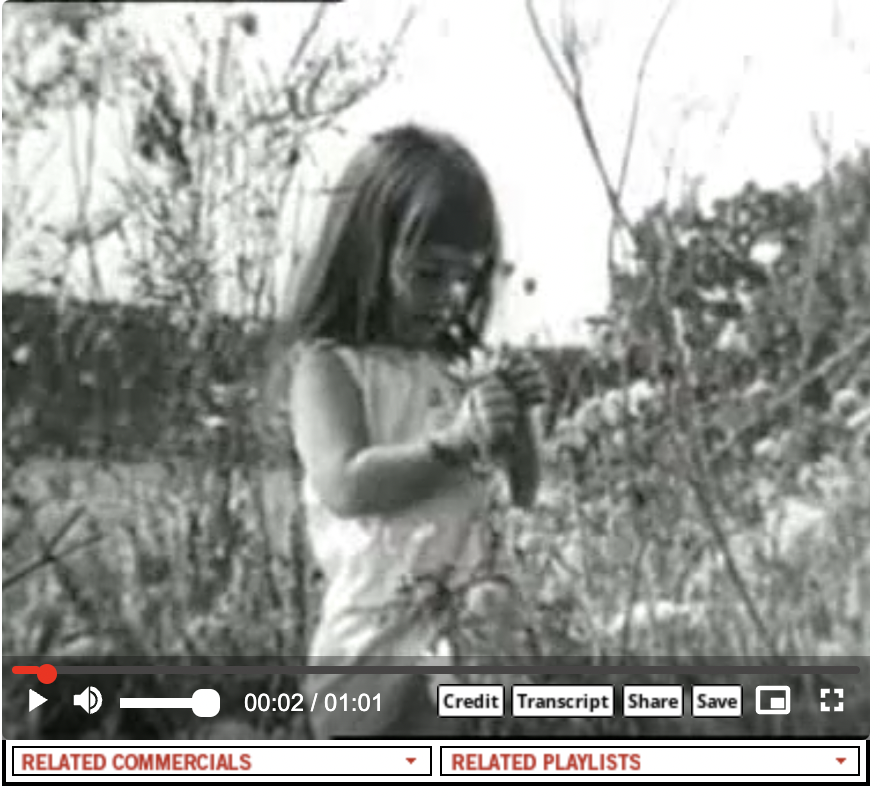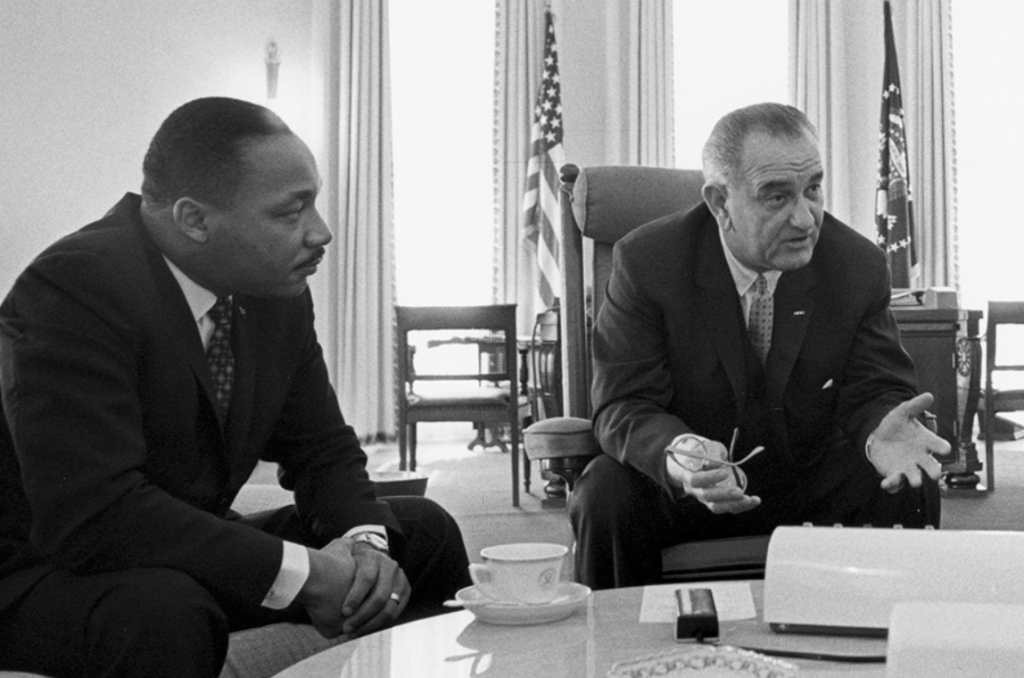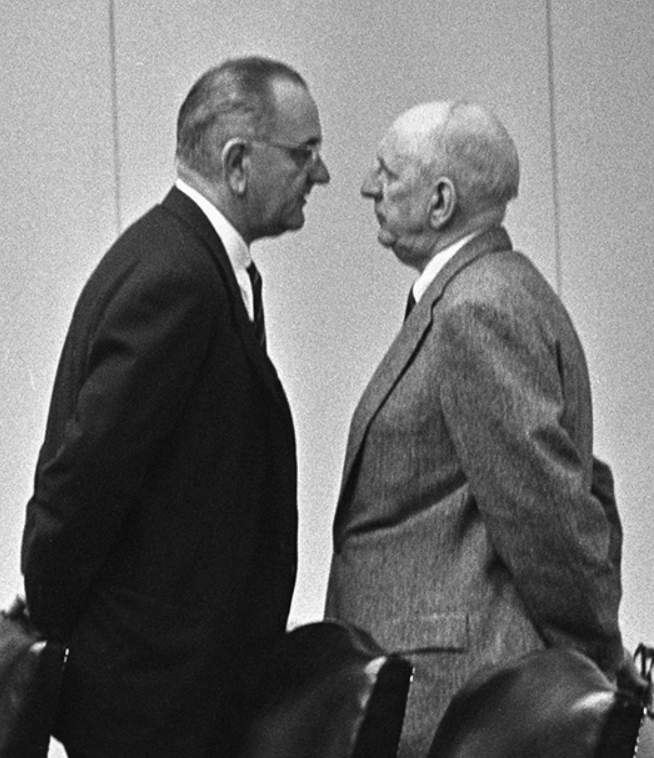Why did US involvement in the Vietnam War become so controversial?
Brands, Chapter 6: Paved with Good Intentions (1965-68)
- What Asian Boys Ought to be Doing (pp. 133-38)
- A New War (pp. 138-42)
- Into the Jungle (pp. 143-45)
- Summer of Love (pp. 146-48)
- Summer of Violence (pp. 148-52)
- Hey, Hey, LBJ … (pp. 152-155)
- The Handwriting on the Embassy Wall (pp. 155-58)
Timeline
- Nov. 1963 // Assassinations of Diem and JFK
- Summer 1964 // Great Society begins (May)
- Civil Rights (1964) and Voting Rights (1965)
- War on Poverty programs (1964)
- Elementary and Secondary Education (1965)
- Higher Education (1965)
- Immigration Reform (1965)
- Medicare and Medicaid (1965)
- Summer 1964 // Gulf of Tonkin (August)
- November 1964 // LBJ elected in landslide
- 1965 // Vietnam escalation begins
- Pleiku attack (Feb)
- Operation Rolling Thunder (March)
- Marine reinforce Da Nang (March)
- Internal debate over escalation (July)
- 1965 // Watts race riot in LA
- 1966 // Fulbright (D-AR) senate hearings
- 1967 // Student anti-war protests & race riots in Detroit, Newark, 100 cities
- 1967 // Hippie “human be-in” and summer of love
- 1968 // Tet Offensive (January) & LBJ withdrawal (March)
Perhaps the most famous (or infamous) ad in the history of modern presidential campaigns appeared as a paid advertisement on TV only once –the so-called “Daisy ad” from 1964. Students should be able to explain what this ad was about, and why it was so powerful and controversial.
- MLK and LBJ
- LBJ and Richard Russell
Tet Offensive
“I was amazed how synchronized these fireworks happened in every district at that moment. At that time, I couldn’t believe that our comrades were literally everywhere in the city.” —Capt. Minh, North Vietnamese Army (NVA)
Here are video clips of Walter Cronkite’s original February 27, 1968 CBS Evening News Broadcast on the Tet Offensive, illustrating a turning point in the “living room war.”
“Now remembering the war, we usually blamed Americans for their imperialism. But many of us have forgotten how we, ourselves, did horrible things to our own people” —Capt. Minh




